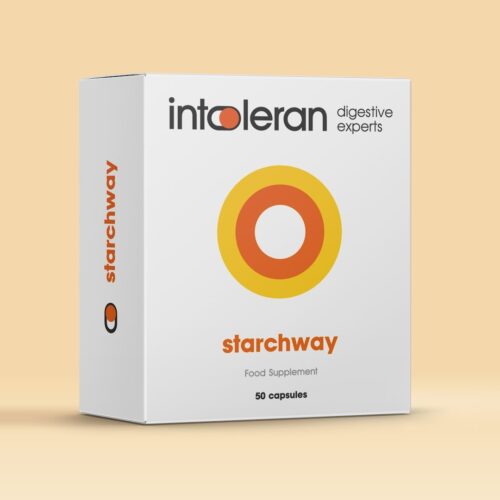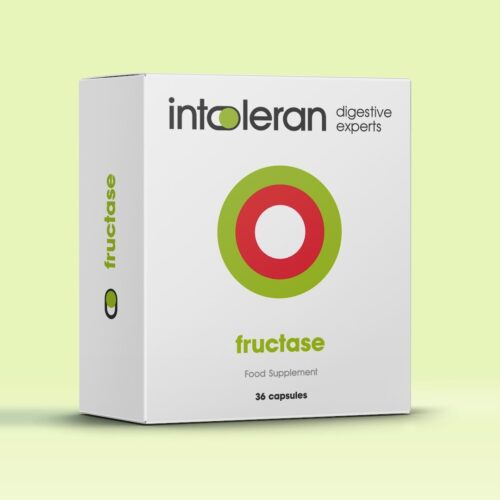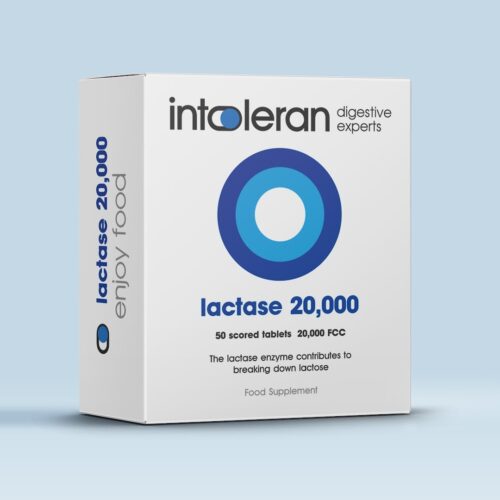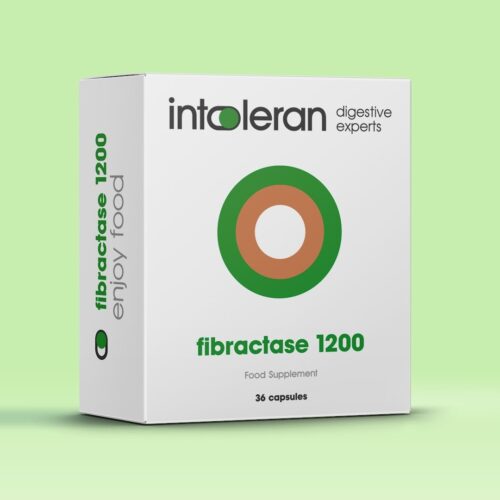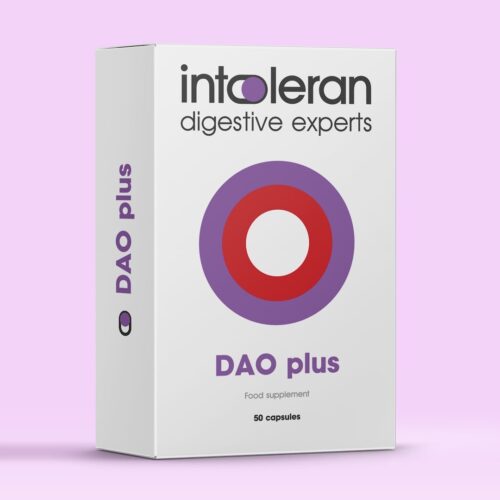Colitis Ulcerosa involves inflammation of the lining of the colon. This can cause annoying and often severe intestinal symptoms. You can read more about Colitis ulcerosa below.
Ulcerative colitis is a chronic inflammation of the lining of the colon, in which ulcers are formed. However, there may also be inflammation outside the colon. Ulcerative colitis, like Crohn’s disease, is an inflammatory bowel disease (IBD).
The cause of ulcerative colitis is not yet known. What is known is that it is an autoimmune disease. The immune system attacks the body’s own cells. It can be hereditary, however, bacteria in the gut, stress and nutrition can also influence the onset and progression of ulcerative colitis.
Ulcerative colitis is characterized by different symptoms; often several symptoms occur simultaneously. The way in which the intestinal symptoms develop varies from person to person. Below are the most common complaints and symptoms that are typically experienced with ulcerative colitis.
- Diarrhea (with blood and mucus)
- Difficulty holding the stool
- Abdominal pain
- A bloated feeling
- Tiredness
- Nausea
- Loss of appetite
- Weight loss
- A fever
- General feeling of sickness
In some cases there are also symptoms that occur outside the colon. These include inflamed joints and inflammation of the eyes, skin and liver. The course of the disease varies from person to person; some people always have symptoms while others do not notice anything for years. Such a quiet period we call ‘remission’. When the symptoms suddenly get worse, we call this an ‘outbreak’. In this case, many new inflammations develop in a short period of time.
Ulcerative colitis can be diagnosed by blood tests, stool tests, or colonoscopy; however, in most cases, it is diagnosed by an endoscopy.
As the cause of ulcerative colitis is not yet precisely known, there is no solution for getting rid of it completely. The aim of treatment is to keep the ulcerative colitis at bay (in remission). There are a number of factors that can influence the course of the symptoms.
Stress and tension can provoke a flare-up and can therefore cause irritating symptoms. Try to avoid stress and tension as much as possible.
An unhealthy diet and drinking alcohol can make the symptoms of ulcerative colitis worse and cause a flare-up. There is no special diet to keep the condition in remission, but a healthy and varied diet can reduce the symptoms. It is advisable to make sure there is enough fiber, dairy, and moisture included in your diet, and eating at fixed times as much as possible and avoiding alcohol will all help.
There are no medications that can cure ulcerative colitis, but there are medications that can possibly reduce the symptoms and prevent flare-ups. The severity of the inflammation will determine which medicine is right for you and it is always best to discuss this with your doctor.
When medication is no longer effective, surgery may be necessary. In this case, an operation would take place where the inflamed part of the intestine is removed. In some cases, the entire colon and rectum can be removed in consultation with the doctor. After this, a (temporary) stoma will be constructed. Another option is that a connection is made between the small intestine and the anus after the operation. This will allow you to continue to go to the toilet normally.

free advice from our dietitians
Let us help you with your digestive complaints, like we’ve helped many others. We will help you find the solution that fits your needs best.
Fill out our contact form and we will get back to you
our products


 NL
NL IT
IT FR
FR ES
ES AU
AU US
US SG
SG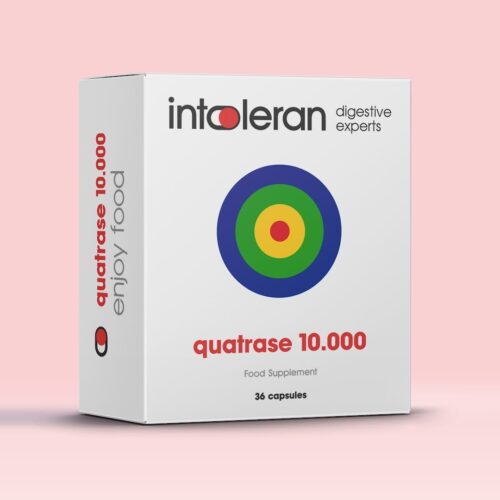
 5/5
5/5